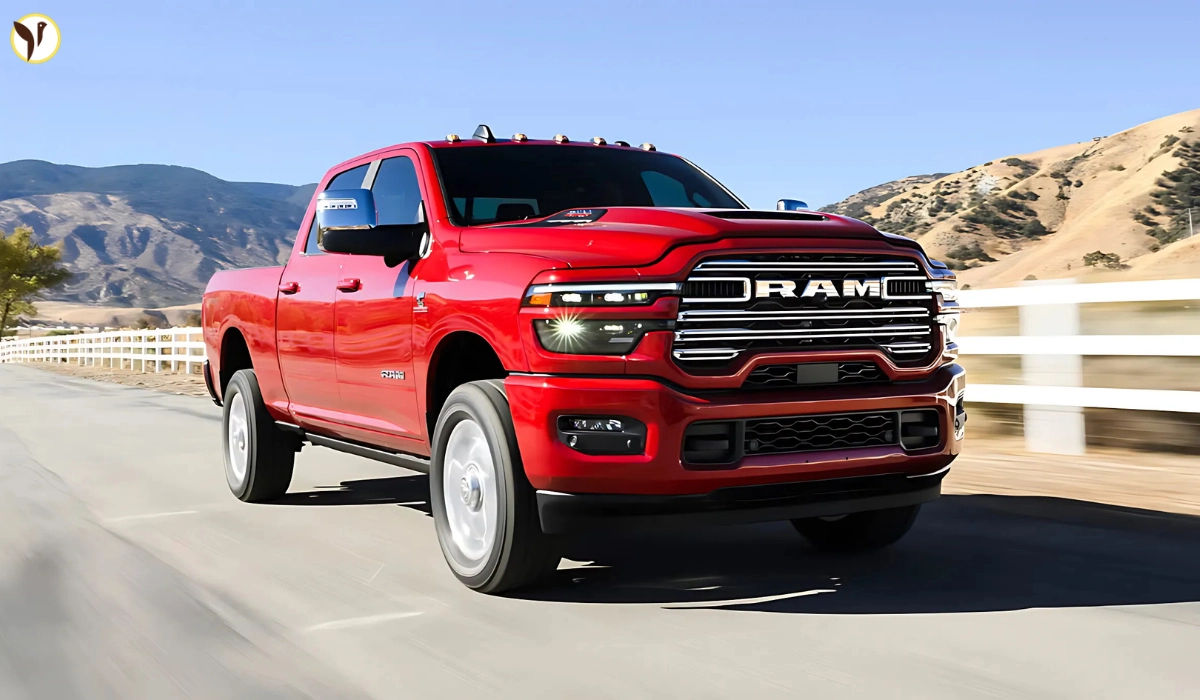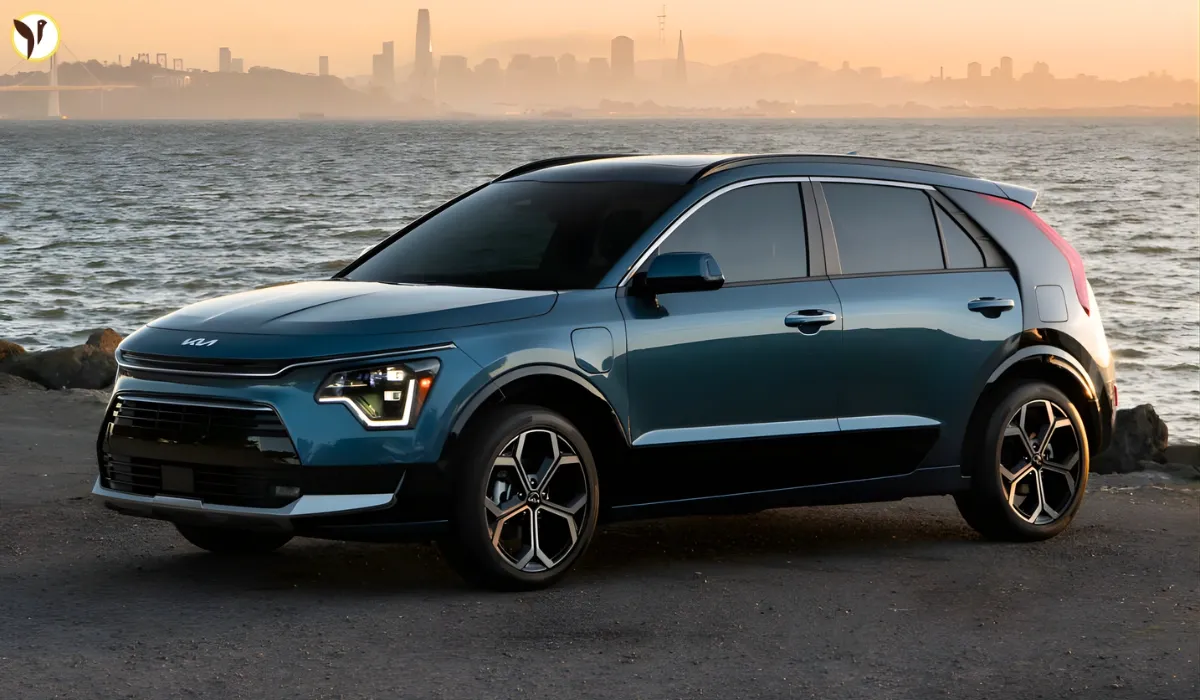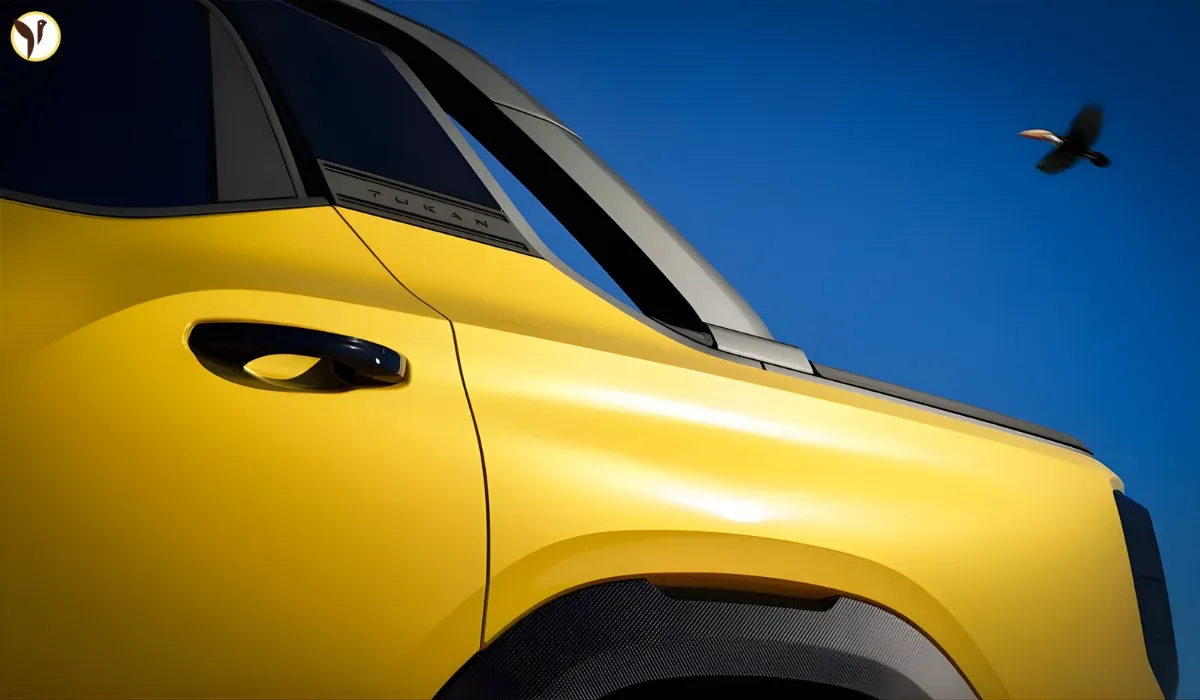If you're one of those people who really do keep their truck for years (and let's face it, most of us do), Ram's most recent announcement could be just what you were looking for. Starting with the 2026 models, Ram is introducing a 10-year/100,000-mile limited powertrain warranty to most of its U.S. lineup. This is not just generous, but is now the best in the full-size pickup category.
In an environment where loans are moving to 6 - 7 years with prices having never been higher, this says that Ram understands real-world buyers. It is about the peace of mind, and not just the advertising.
What is Included in the Warranty?
Ram powertrain warranty is providing warranty coverage on the engine and associated mechanical components; this includes such items as the engine, transmission, transfer case, driveshafts, axles, and differential; everything that is engaged to keep the truck driving and towing. It’s area specific, meaning it’s not a bumper-to-bumper warranty and you should not expect coverage for foreign object damage to components such as brakes, infotainment, or trim. However, again the warranty does cover the most expensive mechanical components.
- Warranty applies to only the first purchaser, or lessee
- Warranty applies to a mileage of up to 100,000 or 10 years whichever comes first.
- Warranty applies to gasoline powered vehicles only
Note that it’s not a warranty that follows you to the second owner; that’s disappointing for some consumers who might be considering ultimately selling their vehicle. However, if you are buying a Ram to keep, you are getting long-term support, and it’s a lost opportunity for someone else getting the vehicle next.

What Ram Vehicles Are Covered?
This warranty is not relegated to 1 or 2 trims; the Ram powertrain coverage is covering a wide selection of 2026 models, including:
- Ram 1500 (including Power Wagon and the new RHO trim)
- Ram 2500 and 3500 Heavy Duty trucks
- Ram Chassis Cab (3500, 4500, and 5500)
- Ram ProMaster vans
Not covered: Electric vehicles like the Ram 1500 REV and ProMaster EV, and any fleet or rental vehicles purchased by dealers.

Why Is Ram Doing This Now?
Tim Kuniskis, President of Ram had a pretty easy answer—“Customers are just keeping their vehicles longer.” This may be a little reductive, so let's take it apart.
- The average payment length for a truck in the USA is over 72 months
- People are keeping their trucks for 10+ years
- Repairs costs are increasing substantially.
- Customers want assurances, they want value.
Ram's decision does seem like it is a movement based on real buyer behavior. Not a gimmick. It is an emblematic message to the truck buyer: "We support your purchase and you, long after the new car smell has left, we have your back."
Compared to Other Brands? Ram Wins.
Let’s stack it up:
|
|
|
|
|
|
|
|
|
|
|
|
|
|
|
|
|
|
Real Talk—Why This Matters
Ram did not just increase their warranty to bring excitement. They are making a declaration that trucks are for the long haul not the short haul. Consequences to Ram's move will be:
- Less cost in the future
- Less worry during ownership
- Increased certaintly that they can depend on the truck
- More possibility for competitors to offer service.
There are emotional ramifications too. When you purchase a truck you do not purchase just a vehicle. You purchase many years of service, travel and adventures. A more durable warranty decreases the risk of your investment in a truck.

Ram 2026 Warranty Specs
|
|
|
|
|
|
|
|
|
|
|
|
|
|
|
|
|
|
|
|
|
|
|
|
Conclusion
Ram's announcement of a 10-year/100,000-mile powertrain warranty on their 2026 trucks is not just hot air - it is a serious commitment. It represents Ram's awareness of real truck buyers, and how long people are keeping their vehicles, which is unlike anything Ram has done before. For the everyday truck owner, that could potentially mean fewer headaches, lower long-term costs, and a whole lot of confidence in their purchase. In the context of a competitive automotive market, littered with short-term poor decisions based around incentives, Ram appears to be betting on loyalty, and quite possibly, it could pay off. If it works, it may reset the bar for every truck manufacturer or company in the business of trucks.









